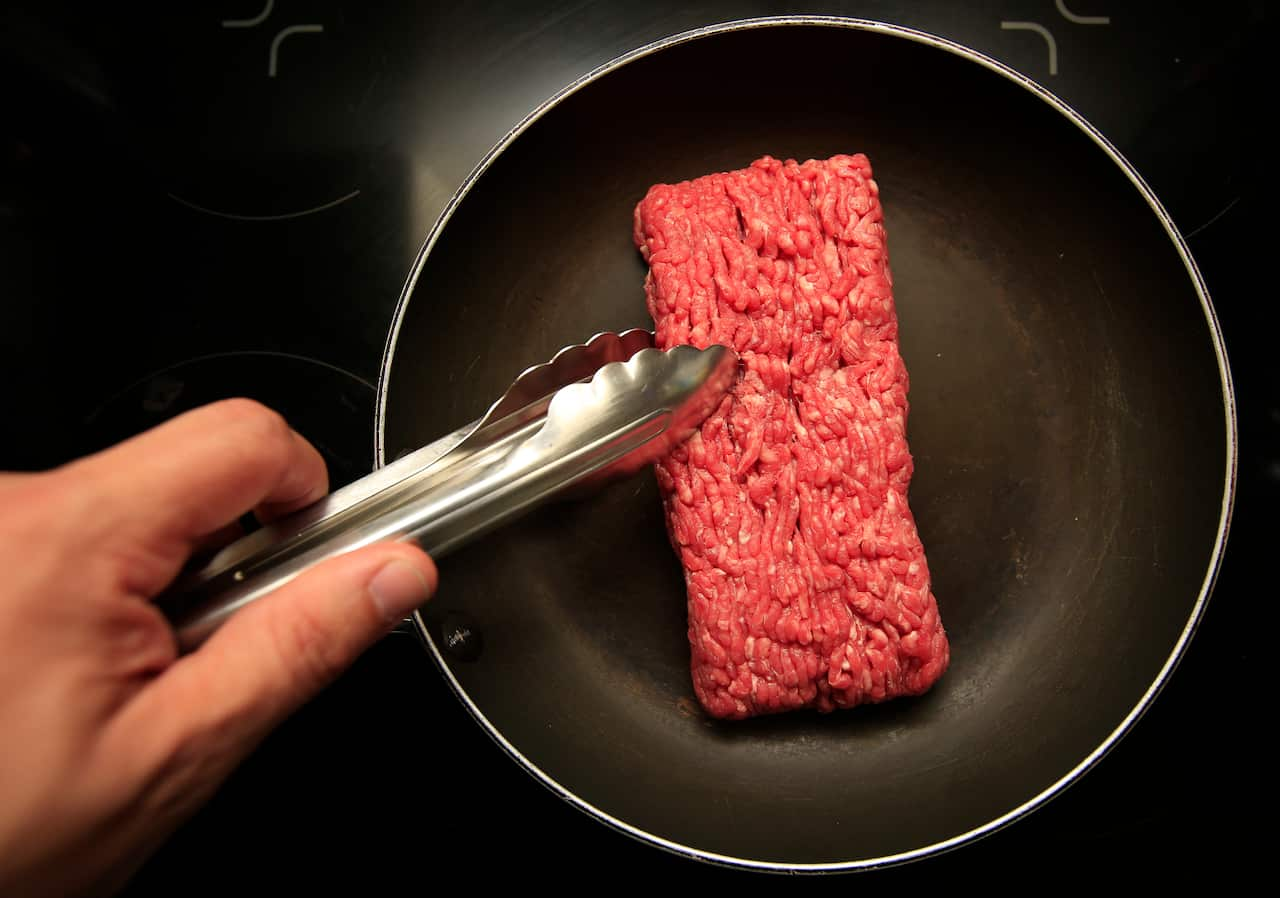Even moderate amounts of ham, bacon and red meat are linked to bowel cancer, experts have warned.
People who stick to guidelines from Britain's National Health Service on red and processed meat consumption still increase their risk of bowel cancer by a fifth compared with those who eat very small amounts, a study part-funded by Cancer Research UK found.
The Department of Health said that while meat is a good source of protein, vitamins and minerals, people should cut their intake of red and processed meat to about 70g per day, which is the average daily consumption in the UK.
The World Cancer Research Fund (WCRF) said there is strong evidence that eating processed meat (such as salami, bacon and ham) is a cause of bowel cancer, while eating a lot of red meat (such as beef, lamb or pork) also increases the risk.
For the new study, published in the International Journal of Epidemiology, experts examined data from 475,581 people aged 40 to 69 at the start of the study and followed them for an average of 5.7 years.
During this time, 2609 people developed bowel cancer.
The study found that people consuming an average of 76g per day of red and processed meat had a 20 per cent higher risk of bowel cancer compared with those who ate 21g per day.
For red meat only, the risk was 15 per cent higher for people who ate 54g per day (about one thick slice of roast beef or one lamb chop) on average compared with those who had 8g per day.

For processed meat only, the risk was 19 per cent higher for those who had an average of 29g per day (about one rasher of bacon or a slice of ham) compared with those who had an average of 5g per day.
There was some good news however, with those people having a high intake of fibre from bread and breakfast cereals lowering their risk of bowel cancer by 14 per cent.
Around one in every 15 men and one in every 18 women will develop bowel cancer during their lifetime.
Cancer Research UK's expert in diet and cancer, Professor Tim Key, who co-authored the study and is deputy director at the University of Oxford's cancer epidemiology unit, said: "Our results strongly suggest that people who eat red and processed meat four or more times a week have a higher risk of developing bowel cancer than those who eat red and processed meat less than twice a week.
Existing evidence points to an increased bowel cancer risk for every 50g of processed meat a person eats per day, but the new study found that risk increases at just 25g per day.
Dr Julie Sharp, Cancer Research UK's head of health information, said to lower the chances of developing bowel cancer people could try doing meat-free Mondays, looking for recipes using fresh chicken and fish, or swapping meat for pulses like beans and lentils in meals.
